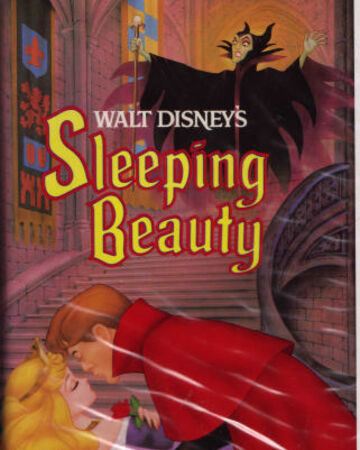
Imagination is something which I have written about before, and I see no need to tread worn paths. This time we will look at a more nuanced notion of imagination within the context of the current series on Living in the Moment.
Imagination is also known as the producer of fantasies and phantasies. It is sometimes thought that the ph spelling is an archaic form of the word, however, there is a distinct difference between the two (other than the letters). Fantasy refers to the likes of fairy tales, fantastical stories of heroes and villains and magic. They do not need to be set in an enchanted kingdom to be a fantasy, indeed the literature you can find at your local library falls, mostly, under this heading. The other form of phantasy is psychological creation which one calls to as an attempt to deal with or understand reality. One might argue that literature by the likes of Dostoyevsky, Proust et al, show a melding of both forms of fantasy/phantasy. You’ll note that, although the differences, both offer escapism.
But what has this to do with living in the moment? Last time we spoke about memory and the reason why my brain made the connection and demanded a fourth instalment is thus; In our memory, as we touched on prior, we are not necessarily who we are, (I is another). Indeed, it is possible that we have created a fantasy world in which we are the hero and that the bad people who are mean and hurt us are actual villains. This is problematic for two reasons 1) not being able to face up to the reality of one’s past creates a disconnect from who we are and who we dream we were and, 2) we cease to see the other as an individual human and see them as a villain. By doing so we neglect their humanity and instead of trying to understand them we cast them off as a Maleficent from Sleeping Beauty (she gave me recurring nightmares as a child), evil and void of humanity. This is not as selfless as it may appear on the surface. By removing the monster from the fantasy we can glean and understanding of them as a human and as the quotation says (attributed to Tolstoy, The Buddha, French and Russian proverbs etc.) ‘to understand everything is to forgive everything’, and once we have understood and forgiven, we can rid ourselves of the burden of the other as an active emotional aspect in our being- in memory, imagination or in daily life. (note: both memory and imagination play a role in daily life).
The second form of phantasy is when one creates an unrealistic notion of what is actual reality. Whilst the former form of fantasy comes from the imagination and is a desire to create basic archetypes to turn the entirety of a person into a black and white figure, the later is when one believes that what they create is real or is possible. One might say that, if I buy a scratch card, I will win the lottery and become a millionaire and resign from my horrible job and never have to worry again. One then imagines the process of buying the ticket, of winning, the looks on people’s faces when they say, ‘you can shove you job, I quit’, the new house with too many bedrooms etc. This, whilst there may be an outside possibility of it coming true, is exceptionally unlikely. The subsequent actions, which, as with fantasy, are idealised to the point of being absurd as a) they may not take into account the reality of who we are, and b) it posits cliched responses to actions of which we have no other frame of reference.
The danger of both forms of f/phantasy is that they remove us from who we are and instead of being who we are in this moment, we imagine ourselves in a form which we never were or never can be and thusly the grasp we have on the moment in which we inhabit becomes deluded and our lives are spent living a dream in which we die.
‘till next time